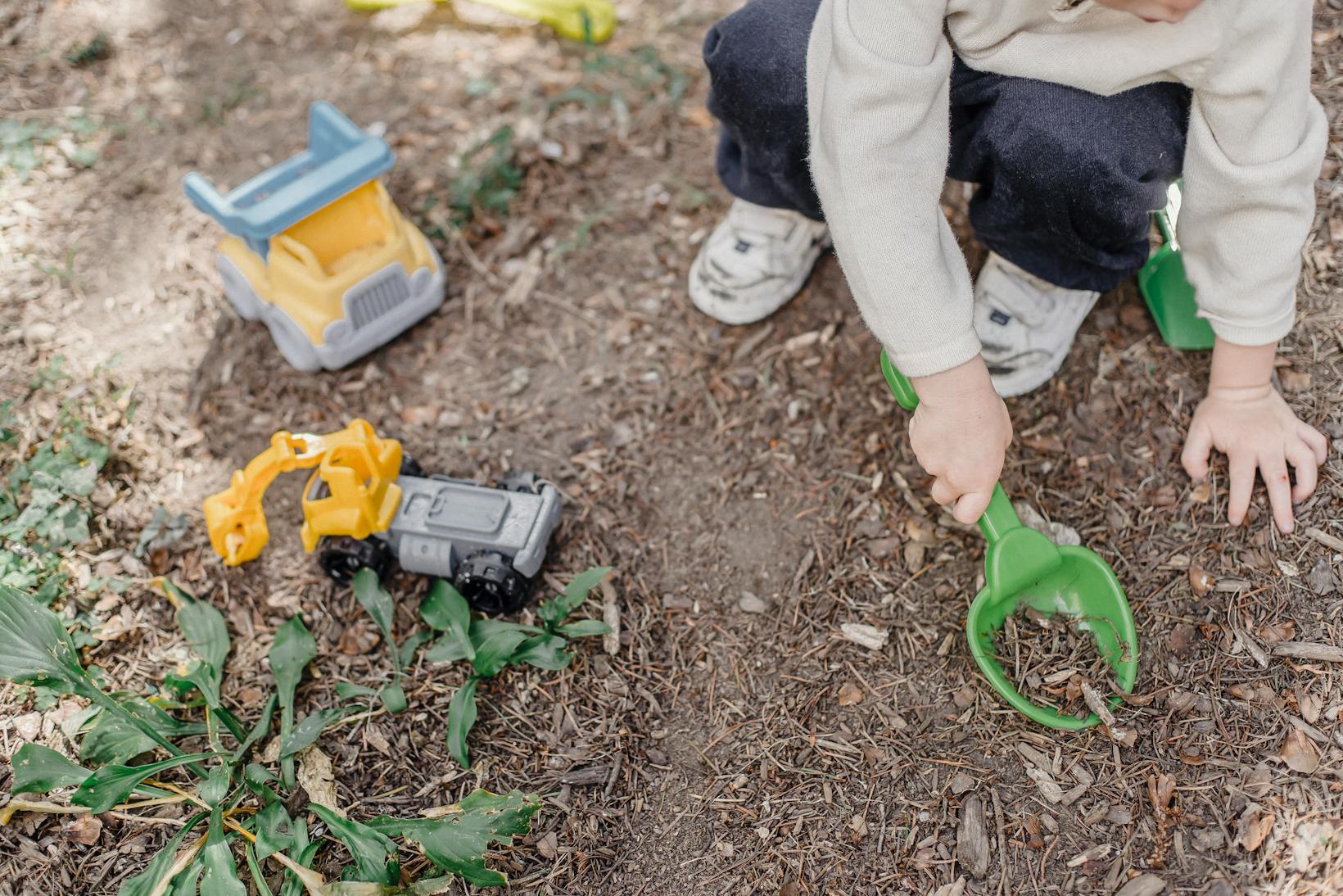Food tours have rapidly become a growing trend among travelers looking to connect with a destination’s authentic flavors and culinary traditions. As more people discover the joy of exploring a city or country through its food, the popularity of food tours continues to rise.
However, despite their growing recognition, not everyone fully understands what food tours are about. Are they simply a chance to taste new dishes, or do they also provide an opportunity to learn how to cook and replicate those recipes at home? Let’s take a closer look at what food tours really offer and whether cooking classes are a part of the experience.
What to Expect From a Food Tour?
Food tours are guided experiences that take travelers on a culinary journey through a city or region, allowing them to taste a variety of local dishes, learn about traditional ingredients, and explore the unique food culture of the area. These tours typically include stops at local markets, street food vendors, family-owned restaurants, and artisanal food producers, offering a comprehensive taste of the region’s most iconic flavors.
While some food tours may offer the chance to participate in cooking lessons, the primary focus is often on tasting and discovering local dishes. In fact, the essence of food tours lies in savoring the food and gaining insight into the culinary traditions of the place. They provide a more immersive and sensory-rich experience than simply dining at a restaurant, as you get to understand the history, techniques, and stories behind each dish.
One of the reasons food tours have become so popular is that they offer travelers a more authentic and personal connection to the places they visit. Instead of just seeing landmarks and attractions, you’re diving into the culture through its food—a universal language that connects people across regions and generations. In cities like Boston, food tours have become a must-do for visitors.

A walking tour through Boston’s North End, for example, introduces travelers to the city’s rich Italian heritage, with stops at local pizzerias, bakeries, and delis, where you can taste everything from cannoli to pizza and hand-crafted pasta. This hands-on experience allows tourists to immerse themselves in the culinary history of the area, making it far more memorable than simply reading about it in a guidebook.
How Long Do Food Tours Last and What Do They Include?
Food tours typically last anywhere from two to four hours, depending on the itinerary and the destination. This duration allows you to explore multiple food stops while also soaking in the local atmosphere. Many food tours focus on a specific neighborhood, giving you the chance to not only taste its signature dishes but also learn about its history and culture. For instance, in cities like Boston, food tours often guide you through historic neighborhoods like the North End, where you can sample Italian-American cuisine while uncovering the rich stories of the area’s immigrant roots.
These tours are designed to give you an in-depth experience of the neighborhood, offering a combination of food tasting and exploration. Along the way, your guide will share interesting facts about the area’s history, architecture, and traditions, turning the tour into both a culinary and cultural adventure. This makes food tours more than just a chance to eat—they’re a way to discover a place from a local’s perspective while enjoying its unique flavors and hidden gems. Whether you’re strolling through bustling markets, quiet streets, or vibrant food districts, a food tour provides the perfect opportunity to see a neighborhood in a new light.

In conclusion, a food tour is a guided experience that takes you on a culinary journey to explore a destination’s most iconic and authentic dishes, often through local markets, eateries, and hidden gems. While some food tours do offer cooking experiences where you can learn to prepare local dishes, the main focus is usually on tasting and savoring the flavors of the region, immersing yourself in the culinary traditions and stories behind each dish. Whether or not cooking lessons are included, food tours offer a rich, sensory experience that connects you to the heart of a place through its food—making them a fantastic way to discover culture in a deliciously memorable way.



